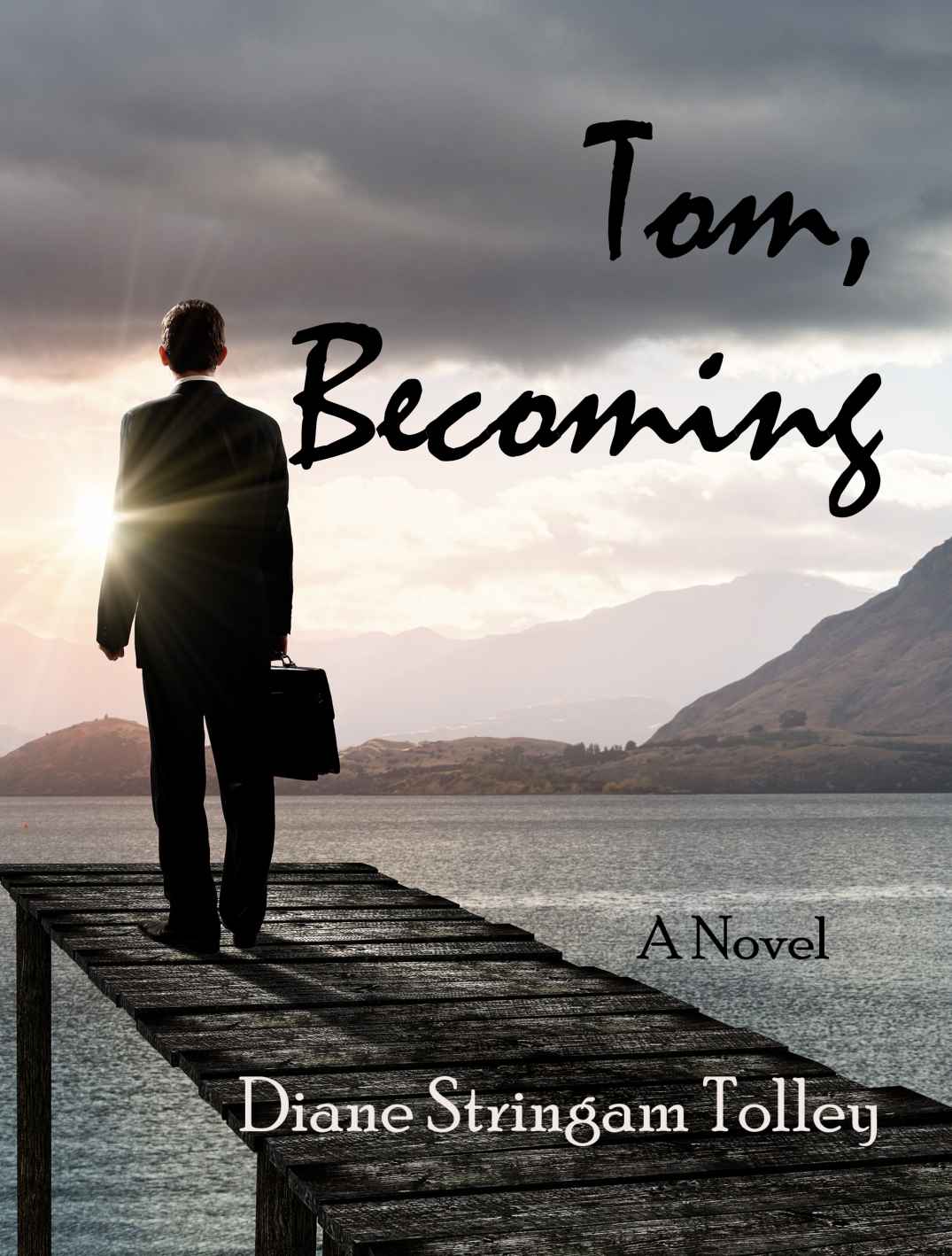Digging through Grandma Berg's Journals again . . .
Grandma and Grampa Berg were married in a small Lutheran
church in Blackfoot, Idaho on April 20, 1919.
Throughout the summer, they worked on the farm they shared
with another couple, Nanny and Axel Karlsson. In October of that year, they moved to their new land west
of Millicent, Alberta, where they would raise their family.
But their first winter wasn’t spent on that land. Instead,
they went with another couple, the Palms, to the Fort McMurray area to run a
trapline.
Our story starts there . . .
What a winter it was! We had brought a supply of kerosene
and food—flour, sugar, jam, beans, dried fruit, salted pork, powdered milk,
butter and frozen potatoes—which supplemented with moose and rabbit meat made
our diet quite adequate.
I baked bread in a stone oven built by Petrus outside the
cabin. A fire was built inside the oven until the stones were hot. The heat
from the rocks baked lovely bread!
The two men were often in the wilderness for days at a time,
tending their trapline with snowshoes and dog teams. Although Petrus was bush
wise, one time they lost their bearings in a storm and were wandering for nine
days before stumbling on another trapper’s cabin. The trapper wisely, slowly
brought the half-starved pair back onto food by allowing them only one pancake
every hour over a period of hours.
Never had pancakes tasted so good!
I was expecting my first baby in January and plans were made
to leave before that time. However, the snow kept falling and by Christmas time
the train stopped running. [Mrs. Palm and I] prepared for the baby by knitting
and sewing little garments out of yarn and flannelette we had brought with us .
. .
When I went into labour, Petrus ran behind the dogteam
twenty miles to Lac La Biche where he had been told of a midwife. When he found
the experienced native midwife, she first hesitated until an RCMP constable
persuaded her to come. Many precious hours had passed and Petrus was beside
himself. The woman finally gathered the necessary supplies and settled herself
into the sled.
With anxious urging, the hardy dogs made a short time of the
twenty or more miles, arriving at the cabin about midnight.
Soon Petrus was greeted by the cry of his first-born son.
All the frustrations of the day were forgotten in the joy of
holding this precious child.
There is some disagreement
among family members about whether Grandpa and the midwife arrived in time to
assist in the birth. To settle the issue, my Uncle Roy put the question to
Uncle Glen, the baby in the story.
“Glen, you were there.
Were you delivered by the midwife or not?”
Uncle Glen turned his
head at a wry angle and taking his chin in his left hand, with deep thought and
deliberations, he answered, “You know, I can’t remember.”





































Your family all have such a great sense of humor.
ReplyDeleteIt's amazing to look back at how much more difficult times were for our ancestors It's something we should think about more often.
Grandma and Grandpa Berg had the same (well, month and date, not year) anniversary as me!
Your family stories are incredible. You are sooo lucky to have these journals--it's like a time capsule!
ReplyDeleteYour Uncle Glen had a wicked sense of humour. What a treasure you have in all those journals.
ReplyDeleteLove your stories, Diane! I can't believe how hard life was back then. Lost and wandering after a snowstorm for 9 days? I wouldn't have lasted 9 hours. Amazing people.
ReplyDeleteThey were such hardy folks back in those much harder times. I feel like a pampered wuss in comparison!
ReplyDeleteWow. We all need to read these to get an understanding of how very lucky we are today! My niece is due any day and the bags are all ready and in the car .::
ReplyDeleteI had no idea powdered milk even existed then.
ReplyDeleteI am fascinated by these tales - thank you. And smiling at Uncle Glenn's comment.
I wouldn't have lasted a day on that homestead. I am so soft! What a treasure these journal are.
ReplyDeleteIt was certainly a different world wasn't it? Those men and women were so hardy and so capable - they put us to shame with how easy we have it now days.
ReplyDelete